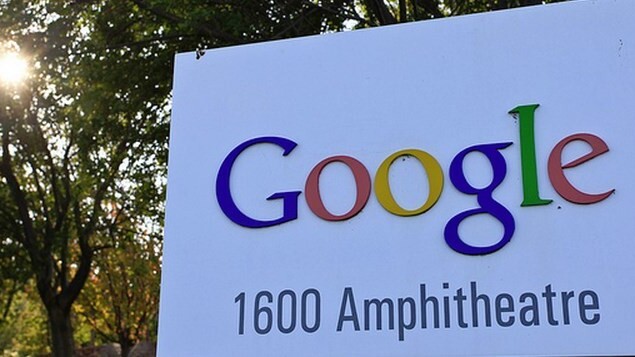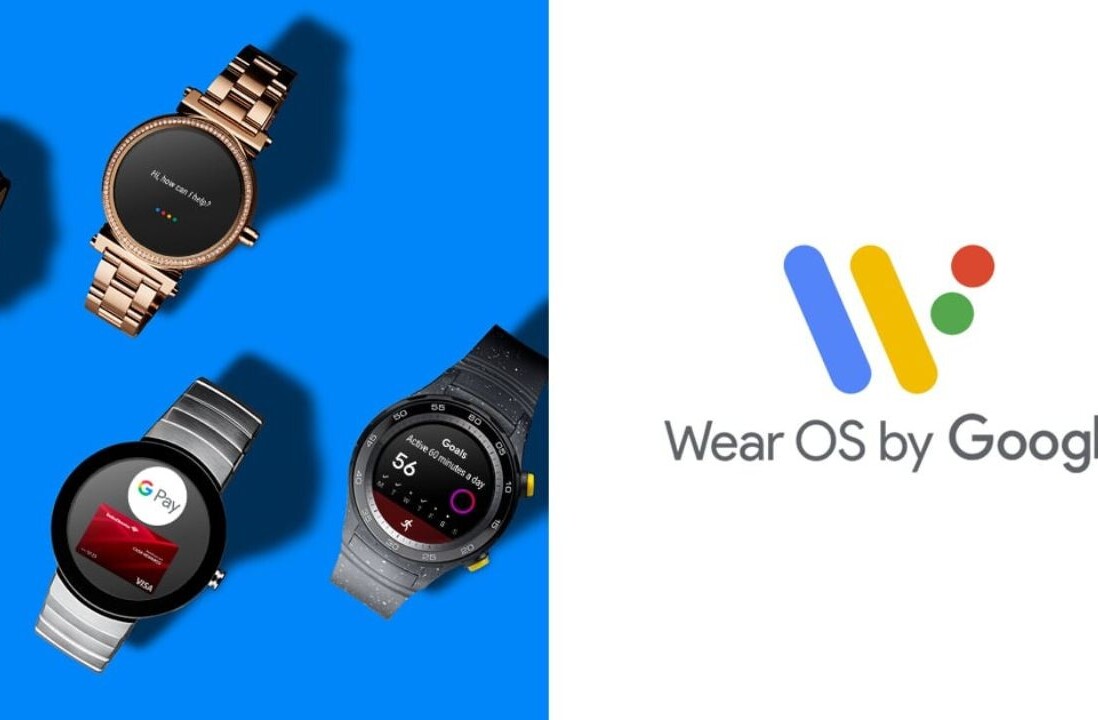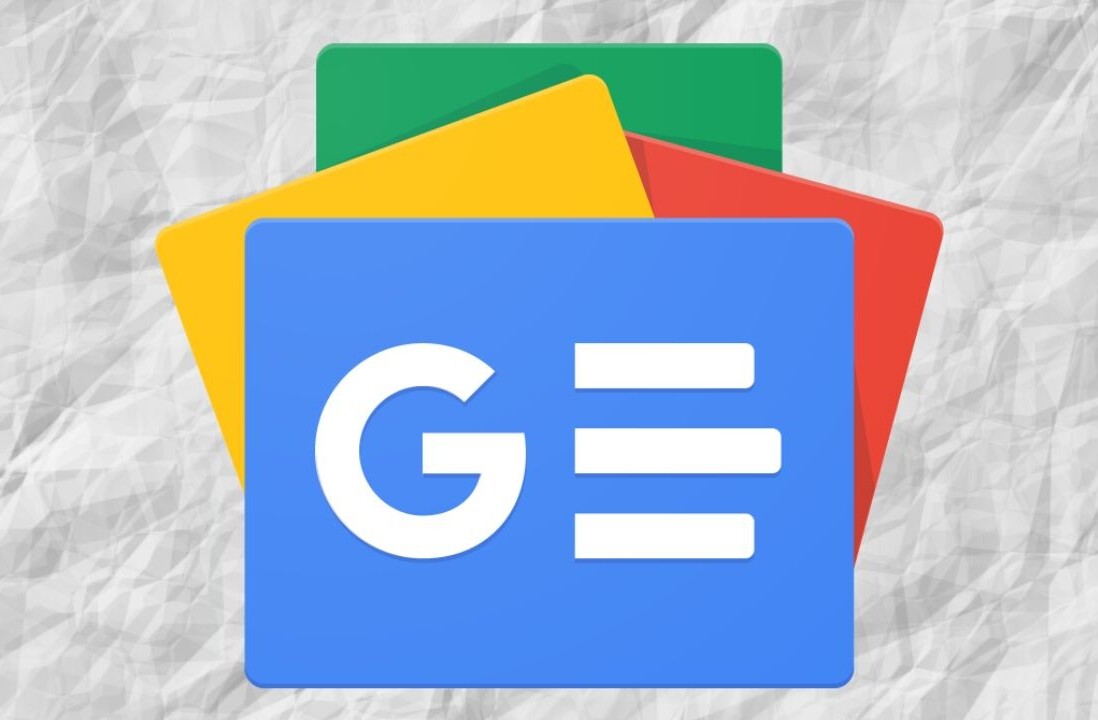
Google has quietly announced a change in its AdWords rules that means businesses can no longer include their phone number in the advertisement’s text starting next month. The company has updated its policy, which now states that its call extension feature, must be used.
We say “quietly” because the update is dated March 16, 2013 – a Saturday that came just three days after the company’s second spring cleaning announcement. Here’s what’s changing:
In the next few weeks, we will no longer allow phone numbers to be used in the ad text of new ads. Advertisers who would still like to promote phone numbers in their AdWords advertising can use the call extensions feature. We’re posting this alert now to provide adequate lead time to make ad changes.
In April 2013, we will begin to disapprove ads that were using phone numbers in their ad text before the March 2013 policy change. We are making this change to foster a safer, more consistent user experience across desktop, tablet, and mobile devices.
While that last part may be true, the more likely reason is that Google wants to monetize all those clicks and taps on phone numbers. After all, with the increase in mobile usage, many people search on Google for a business with the sole intention of calling them.
As such, this explanation of the “call extensions” feature, which lets you add a phone number to your ad so customers can call you directly as well as track how many calls you receive, used to does not surprise us:
When a customer clicks the phone number on a mobile device that’s capable of making a phone call, you’ll be charged the same as for a standard click on the ad. Note that your phone number will be clickable only on devices that allow a user to click and call (so, for example, your ad will not show a clickable phone number on iPod Touch devices).
We were tipped off about this change by UK advertising firm Media Agency Group. Unsurprisingly, the company isn’t pleased with Google’s changes.
“The amendment seems to be most detrimental for smaller businesses taking advantage of a direct call to their business before the cost of a click is made and marketers like Media Agency Group that publish a call tracking phone number in their own and client ads to measure return,” a Media Agency Group spokesperson told TNW. “The consequence for companies is that they will now be charged for clicked links and telephone calls made from Google ads, whereas previously they could slip telephone numbers into the text of their advert description and benefit from customers accessing their contact details without having to hit the URL.”
As such, not only will this change affect anyone advertising on Google, but it will also affect users. If the call extension feature doesn’t work on your device, you’ll be out of luck.
Update on March 22: Google tells us the feature works on all devices; non-phone users will still be able to click and see the phone number in question. Furthermore, call extensions can now be used without paying for a Google forwarding number.
Top Image Credit: Håkan Dahlström
Get the TNW newsletter
Get the most important tech news in your inbox each week.





